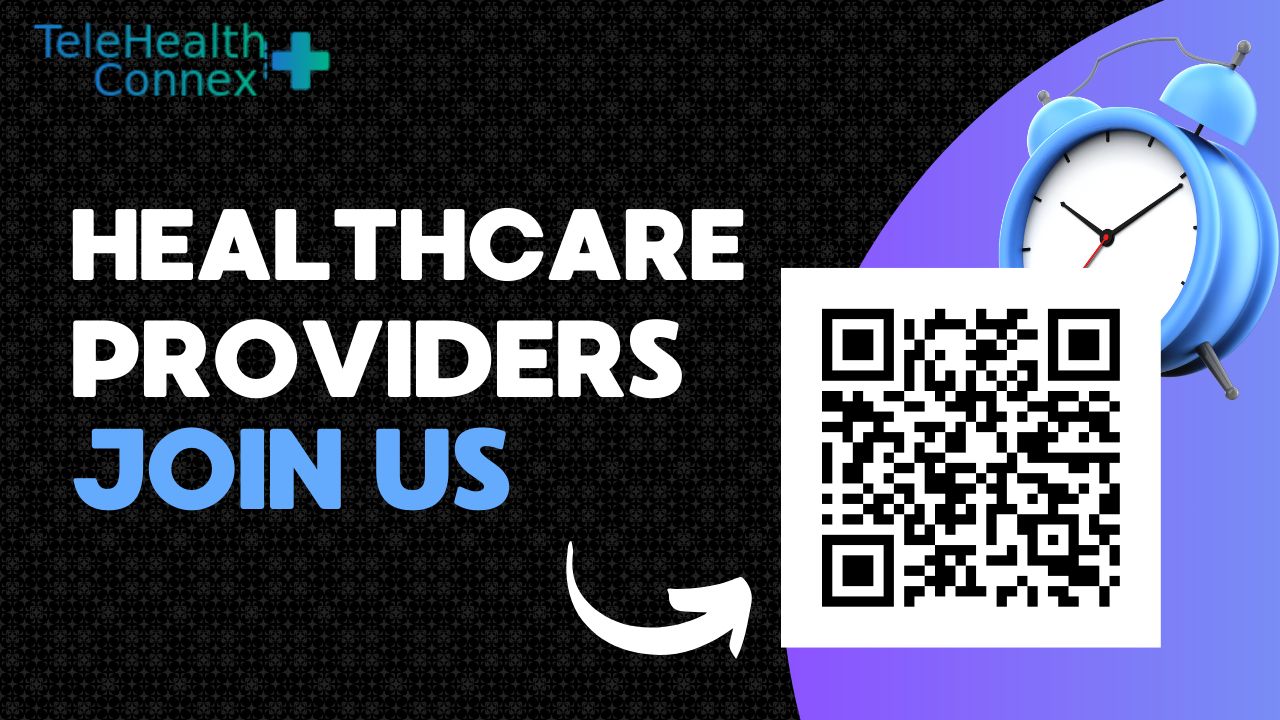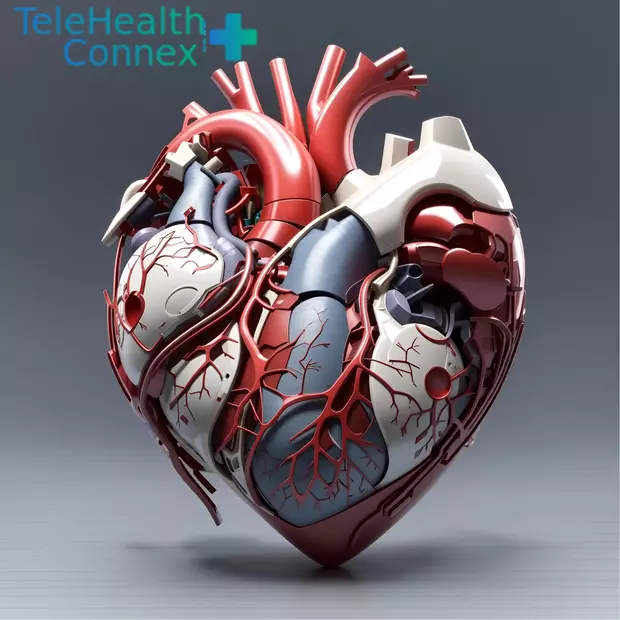Telemedicine has emerged as a critical component in the management of chronic diseases, particularly during and after the COVID-19 pandemic. Cardiovascular diseases (CVD), being one of the leading causes of morbidity and mortality worldwide, are no exception. This article examines the benefits and advantages of telemedicine in the management of cardiovascular diseases, based on evidence gathered from key studies.
Proven Efficacy through Research
A systematic review and meta-analysis published in Lancet Digital Health (Kuan et al., 2022) assessed the effectiveness of telemedicine interventions in managing patients with cardiovascular conditions. This study found that the combination of remote monitoring and consultations for patients with heart failure was associated with a reduction in the risk of cardiovascular-related mortality and hospitalization for cardiovascular causes, especially in short-term follow-ups (Kuan et al., 2022).
On the other hand, a study from J Med Internet Res (Al-Arkee et al., 2021) revealed that mobile apps aimed at improving medication adherence in patients with CVD showed significant improvements in medication adherence and some clinical parameters such as systolic blood pressure and cholesterol levels.
Furthermore, a systematic review published in JMIR Mhealth Uhealth (Subedi et al., 2020) highlighted that cardiac telerehabilitation has high acceptability among participants, though it pointed out the need for more studies on its large-scale implementation in regular clinical practice.
Benefits of Telemedicine in the Management of CVD
Improved Access and Continuity of Care
Telemedicine overcomes geographical barriers, enabling patients in remote areas or with mobility limitations to receive specialized care. This ensures a continuity of care that is essential for the effective management of CVD.
Real-Time Monitoring
Remote monitoring technology provides continuous assessment of vital signs, improving responsiveness to changes in a patient's condition and allowing timely adjustments in treatment.
Adherence to Treatment
Mobile apps are effective in improving medication adherence, according to the study by Al-Arkee et al. (2021), providing reminders and education to patients, which is essential in preventing complications from CVD.
Cost-Effectiveness
Telemedicine can reduce costs associated with frequent hospital visits and hospitalizations by effectively managing CVD at a distance, as suggested in the mentioned studies.
Personalized Care
The use of technology enables more personalized care, with rehabilitation programs and follow-ups tailored to the individual needs of the patient.
Challenges and Future Considerations
Although the benefits are clear, there are technical challenges such as internet connectivity and the integration of telemedicine into existing health systems that need to be addressed. In addition, more research is needed to assess the long-term effects and sustainability of these interventions.
References
- Kuan, P. X., Chan, W. K., Khoo, D. F. Y., Rahman, M. A. A., Peariasamy, K. M., Lai, N. M., ... Anand, A. (2022). Efficacy of telemedicine for the management of cardiovascular disease: a systematic review and meta-analysis. Lancet Digital Health, 4(9), e676-e691. View Article
- Al-Arkee, S., Mason, J., Lane, D. A., Fabritz, L., Chua, W., Haque, M. S., ... Jalal, Z. (2021). Mobile Apps to Improve Medication Adherence in Cardiovascular Disease: Systematic Review and Meta-analysis. J Med Internet Res, 23(5), e24190. View Article
- Subedi, N., Rawstorn, J. C., Gao, L., Koorts, H., Maddison, R. (2020). Implementation of Telerehabilitation Interventions for the Self-Management of Cardiovascular Disease: Systematic Review. JMIR Mhealth Uhealth, 8(11), e17957. View Article

